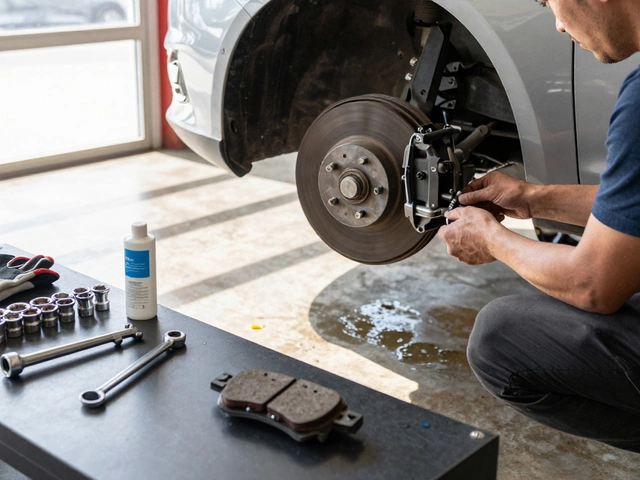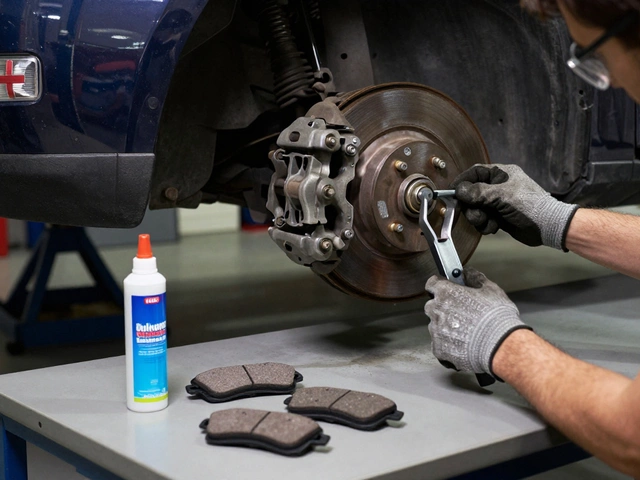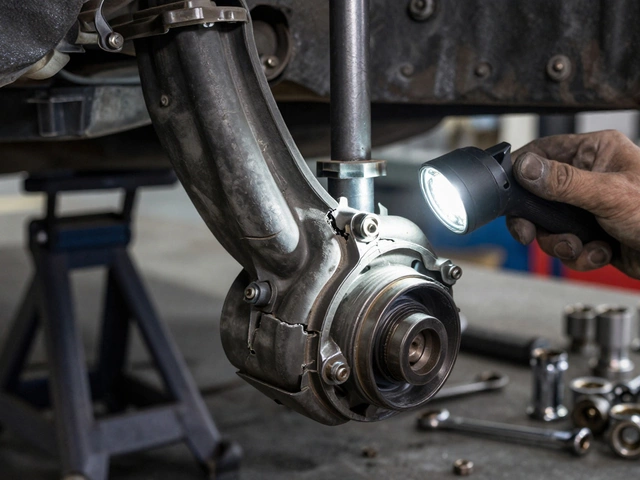Engine Health: Signs, Causes, and How to Keep Your Car Running Smoothly
When we talk about engine health, the overall condition of your car’s internal combustion system that determines performance, efficiency, and longevity. Also known as motor condition, it’s not just about whether the car starts—it’s about how quietly, powerfully, and reliably it runs over time. A healthy engine doesn’t make strange noises, doesn’t overheat, and doesn’t guzzle fuel like it’s on vacation. But most drivers only think about it when something breaks. That’s too late.
Your engine’s health depends on a few key parts working together: engine oil level, the amount of lubricant circulating inside your engine to reduce friction and prevent overheating, the radiator, the cooling system component that keeps engine temperature stable by circulating coolant, and the fuel pump, the device that delivers gasoline from the tank to the engine at the right pressure. Skip an oil change? You build sludge. Let your radiator leak? Your engine cooks. A weak fuel pump? Your car stumbles or won’t start. These aren’t separate problems—they’re all signs of declining engine health.
It’s not about changing parts on a schedule. It’s about watching for what your car tells you. Does it hesitate when you step on the gas? That’s not just "feeling sluggish"—it could be a failing fuel pump or dirty injectors. Is there a sweet, steamy smell under the hood? That’s coolant leaking, and it’s not a minor thing. Are you topping up oil every few weeks? That’s not normal—it’s a sign of internal wear. Most people wait until the check engine light comes on. By then, the damage is often done. The best way to protect your engine is to catch these signs early, before they turn into a tow truck bill.
You’ll find real, no-fluff advice below on how to check your oil, spot radiator leaks before they ruin your day, tell if your fuel pump is on its last legs, and understand why skipping oil changes is like ignoring a toothache until your jaw breaks. These aren’t theory articles. They’re what mechanics and DIYers in Stevenage use to keep cars alive—without paying for unnecessary repairs.





